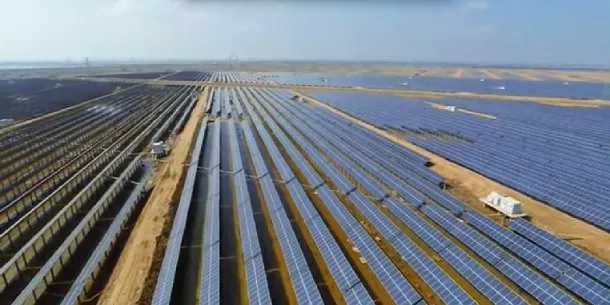JinkoSolar joins Trina and quits 'damaging' EU minimum price deal
JinkoSolar became the latest Chinese solar big-gun to walk away from a voluntary pricing agreement with the EU, claiming the arrangement was anti-competitive and damaging its business.
